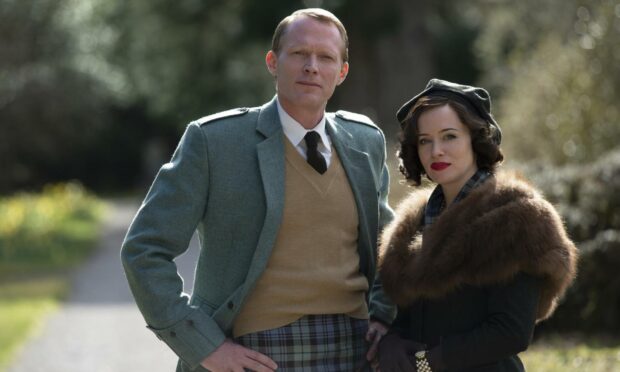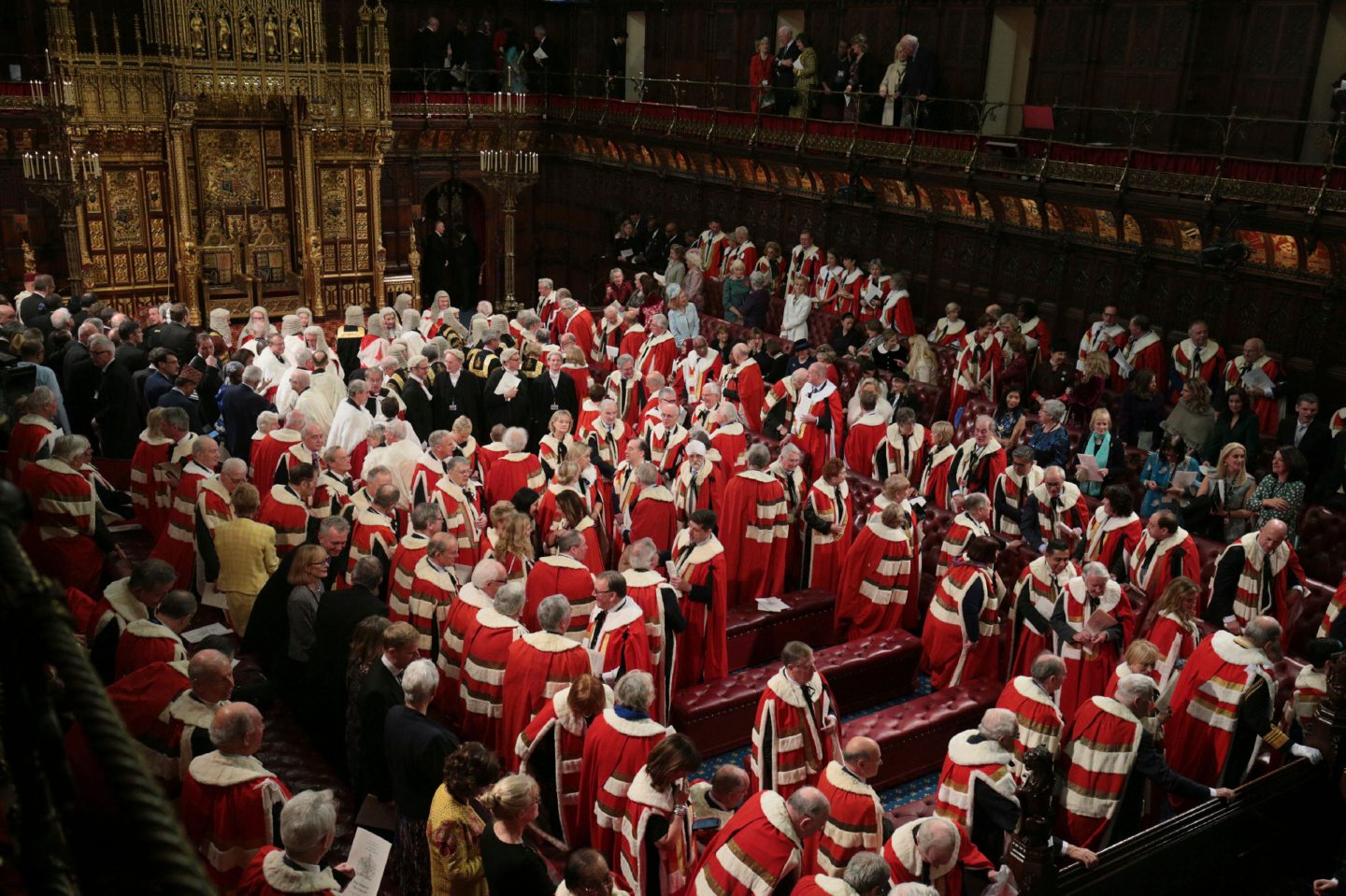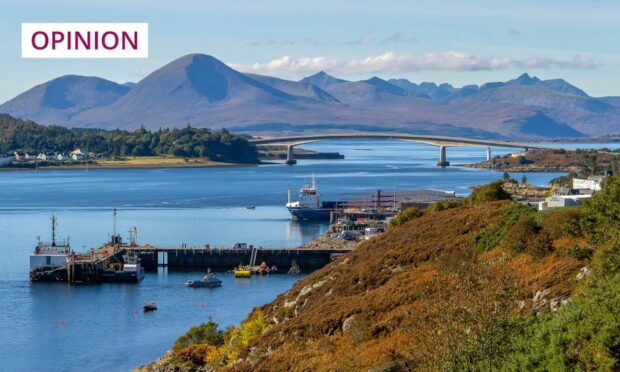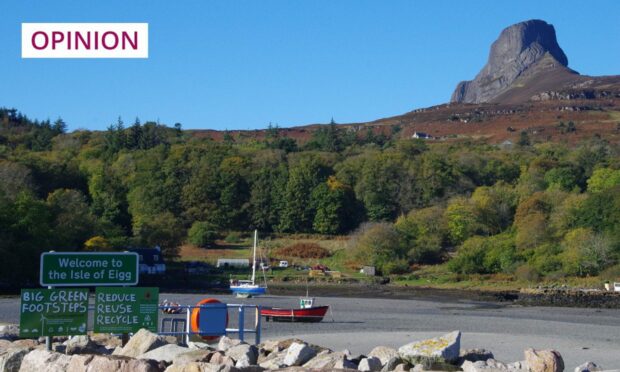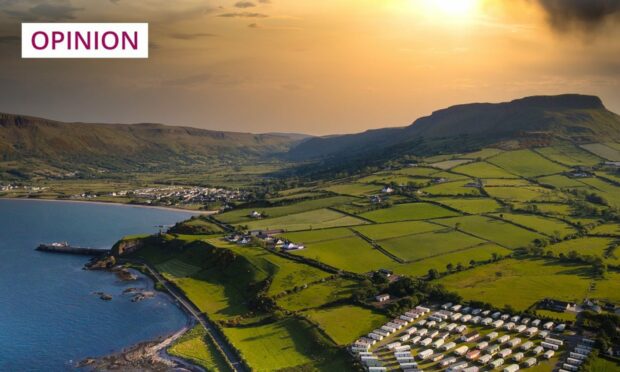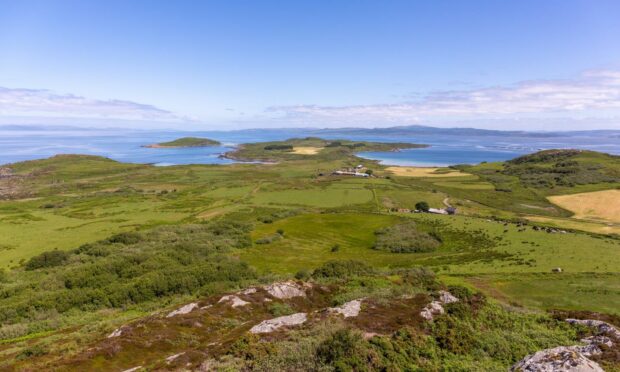Last week, BBC One’s A Very British Scandal took us back to the sensational divorce case of the 11th Duke of Argyll, against his wife Margaret, in 1963.
It was said to have fatally punctured the assumed superiority of the British aristocracy. With publicised evidence of debauchery and promiscuity, no longer would the masses hold the great families of the land in esteem.
I once saw the ducal couple at close quarters. During a visit to a great uncle and aunt on my mother’s native island of Iona, all the children present were encouraged to play outside. Important guests were due to arrive.
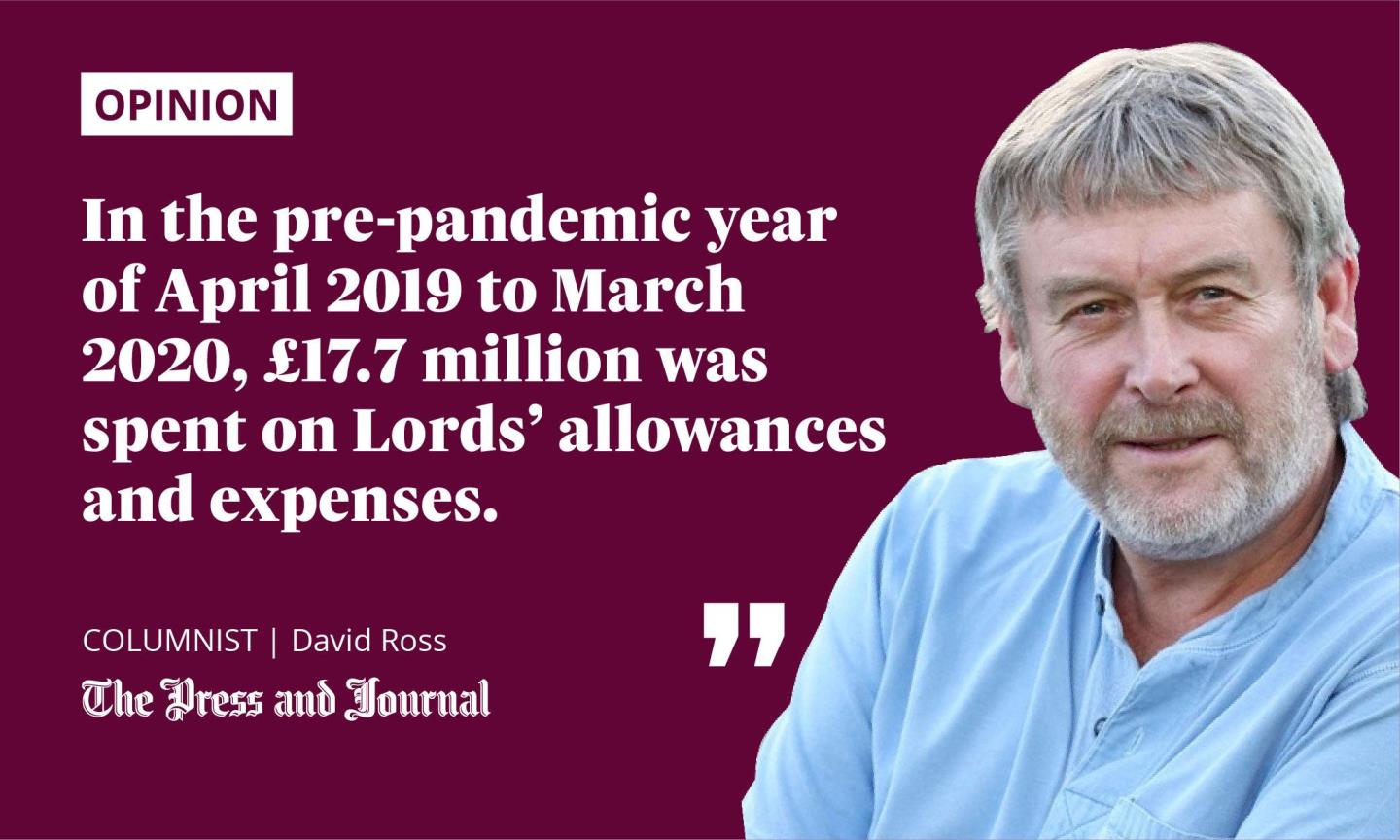
Uncle Hector was a long-standing farming tenant of the Argyll Estates. That was why the Duke and Duchess made their way to his front door, past young observers.
That was in the mid-1950s. A decade later, I was in the hayfield helping my Uncle Neil, a crofter on the island, when he said he hadn’t been surprised by the Argylls’ divorce.
Standing deference on its head
It wasn’t because of the Duchess’s affairs, nor her interest in polaroid camera photography. But he recalled hearing that, not long after they had been married in 1951, the couple had been on the old MacBrayne’s vessel, the Lochinvar.
The Duke had ended up apart from his new wife, drinking with some men from Mull. One had said he didn’t know the proper way to address him – was it Your Grace, Your Lordship, Sir?
“Ian will be fine,” the Duke had said, to which the islander replied: “Well, in that case, you can call me Angus.”
The Mull man said he had never married because he hadn’t met a woman with whom he would want to spend his life. The Duke reportedly responded: “To be honest, Angus, neither have I.”
Not the expected answer from a newlywed, but one that supports the balance of the TV series. The Duke’s commitment to the marriage was questionable, and the Duchess was certainly not all to blame.
But, in the telling of the story, it was obvious that my uncle, the most independent of men, enjoyed best the way the issue of deference had been stood on its head.
Lords claim up to £323 tax-free per day
Deference was still demanded by the social malignancy that was the British class system. It was not always given, but it certainly was expected and nowhere more than in the House of Lords.
That institution was mentioned in the TV series. The Duke was a member, as was his hereditary aristocratic right. That no longer is the case. The 1999 House of Lords Act reduced the number of hereditary peers by more than 600 to 92, elected by those of like rank. But there are still four Dukes, one Marquess, 25 Earls and 17 Viscounts.
Hundreds of life peers sit on the red benches, including politicians earlier rejected by their electorates. There are also some very rich people who make huge donations to political parties, particularly the Tories.
At the same time as the Argyll TV series was being aired, there was a newspaper report that 40 Scottish peers had received almost £1 million in House of Lords allowances and expenses during the pandemic.
Members of the Lords don’t get a salary, but claim £323 tax-free per day if physically attending, or £162 if they join remotely – plus expenses. Some have been very attentive to parliamentary business, claiming over £60,000 between April 2020 and July 2021.
Pace of substantive Lords reform is not good enough
According to the Electoral Reform Society (which campaigns to democratise the Lords) in the pre-pandemic year of April 2019 to March 2020, £17.7 million was spent on Lords’ allowances and expenses, with the average peer claiming £30,687. There are a lot of members – almost 800.
Not one member of the House of Lords is elected by the people in whose interest they claim to act
It is the second-largest legislative chamber in the world, after only China’s National People’s Congress, which rubber-stamps the decisions of the Communist Party’s leadership. But the House of Lords can scrutinise, amend, delay or initiate certain legislation.
It shouldn’t. Not one member is elected by the people in whose interest they claim to act. It is unrepresentatively dominated by London, the south-east and east of England, with 56% of peers.
The pace of substantive Lords reform has been lamentable. The last measure was in 2014. It only introduced the principle of resignation, and expulsion in certain circumstances.
The failure of successive governments to replace the Lords with a directly elected second chamber suggests it is still seen as a useful strand in the retention of power. But it remains a symbol of a Britain whose time has rightly passed.
David Ross is a veteran Highland journalist and author of an acclaimed book about his three decades of reporting on the region
